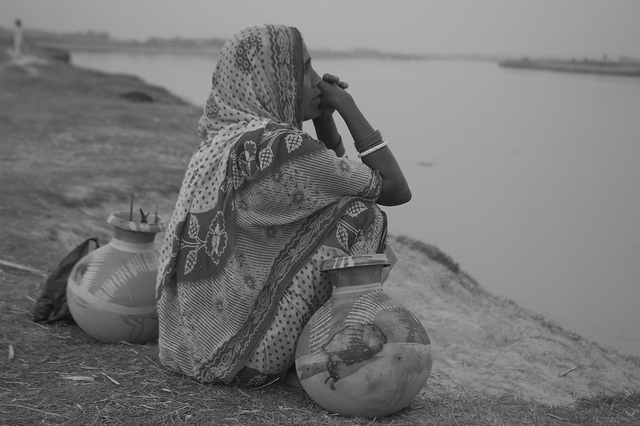| If you are not among the 4,177,585 million people who have watched Dr. Brené Brown’s 20 minute TEDx talk do it now by clicking here.
Dr. Brené Brown is a professor at the University of Houston. Her ground-breaking research on vulnerability, courage, worthiness and shame gives us insight into the power of vulnerability and how to apply it in conflict situations.
Consider the definition of vulnerability: easily hurt or harmed physically, mentally, or emotionally; open to attack, harm, or damage, and its synonyms: endangered, exposed, open, sensitive, subject (to), susceptible, liable. Why would there would be any benefit in being vulnerable? Displaying vulnerability has the power to create shifts in conflict, and is the first step to creating or rebuilding trust.
To be vulnerable is to speak from the heart. It is difficult for those of us who use silence as our shield and counter-intuitive to those of us who need to demonstrate strength. Our triggers often work against us in demonstrating vulnerability.
“The difficult thing is that vulnerability is the first thing we look for in others and the last thing we are willing to show others. In others, it’s courage and daring. In ourselves, it’s weakness.” – Dr. Brené Brown
Vulnerability in conflict is a paradox – it’s necessary, but risky. It seems weak but demonstrates strength. It exposes everything you work to protect. The more risky it is the less likely we are to use it when it’s most needed. It’s also not something we can tell others to do – “Go and be vulnerable!” In order to be vulnerable physiologically safety is required but often missing in conflict situations. What is required for psychological safety? Often, vulnerability in one party results in defensiveness and attacks by the other. How can you be sure that when you are vulnerable it will be taken the right way? You never can be certain of the response. Having a third neutral party with you can help reduce the risk.
Exposing yourself and your thoughts will humanize you in the eyes of others. If your actions are perceived as genuine and authentic, it will result in a release of aggression in the other party. Shoulders will drop. Postures will relax. Positions will soften. Vulnerability is about showing up and being seen. It’s tough to do that when we’re afraid about what people might see or think. It is a risk with great rewards.
The Workplace Fairness Institute works with teams and individuals to resolve conflict by creating a safe space for members to be vulnerable. |

